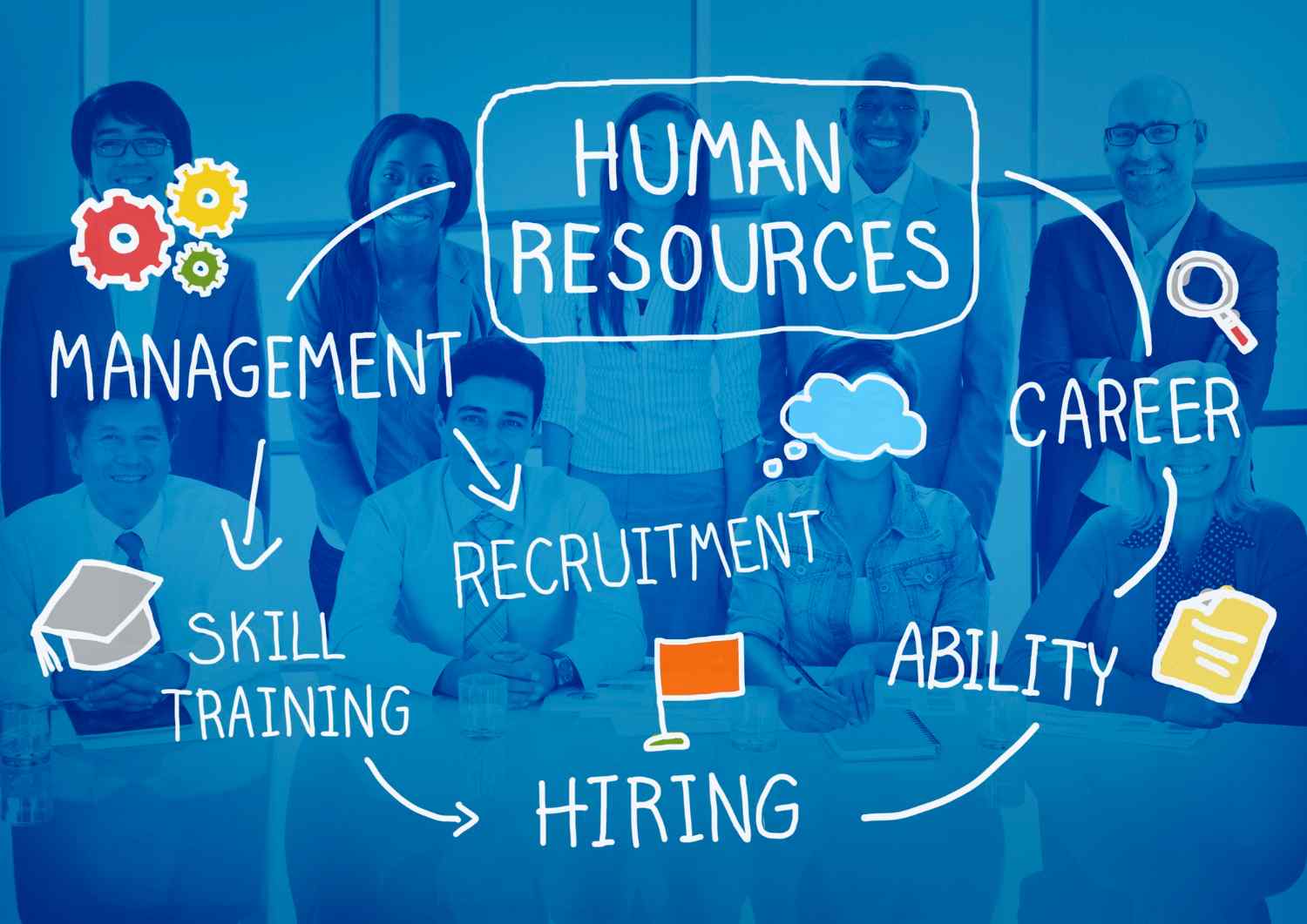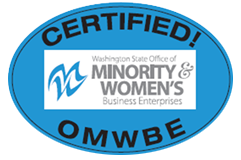Human Resource Management is the heart of any organization, and for good reason. HRM is more than just hiring and firing people. It is very important for making the corporate culture and finding new talent. It also helps make sure that rules are followed and that tactics are in line with business goals.
Business leaders and workers need to know what the seven key roles of HRM are. It will assist them in understanding how important Seattle HR jobs are for success. Here’s a rundown of the top HRM roles.
Finding and Hiring People
The first and most obvious job of HRM is to find and hire the right people. HR recruiting experts figure out how many people they need to hire. After that, they write job descriptions, go over applications, and interview people. They also ask department leaders for support when making employment decisions.
Effective recruitment is crucial as it brings in the right people. These individuals have the skills and values that match the organization’s goals.
A poor hiring decision could cost the company a lot of money. It also affects morale and productivity. HR helps establish great teams by concentrating on smart hiring.
Training and Growth
After recruiting people, HR is in charge of finding and improving their skills. Their training and development programs give workers the knowledge and skills they need.
HR ensures that continuous learning is part of the company culture. The department does this by onboarding new hires and offering leadership training. They also provide skill enhancement workshops. This improves employee performance and boosts retention. Workers who feel valued and see clear career growth paths will stay with the company.
Performance Management
HR also manages performance evaluation systems that help measure employee effectiveness. This includes setting performance standards and monitoring progress. They also conduct appraisals and provide constructive feedback.
An effective performance management process encourages accountability. It also motivates employees to reach their full potential. This helps HR and management identify high performers for promotion. They can also see who might need more support or training.
Managing Pay and Benefits
To get and keep the best employees, you need to pay them fairly and competitively. One of HR’s key responsibilities when it comes to pay is to develop salary structures. They also handle payroll, benefits, and bonuses.
HR ensures that workers feel rewarded for their work by giving fair compensation. HR also looks at trends in the job market to make sure that pay packages are competitive. This helps the organization get a better position in the job market.
Relations with Employees
Another goal of HR recruiting is to keep good relationships between employees. This involves creating a good place to work where employees feel valued and heard. HR connects managers with employees. They handle complaints and settle disputes. They make sure that workplace rules are clear and fair.
Good relationships between employees lead to happier workers. Fewer people will leave their jobs. Employees are more likely to stay with a company if they trust HR to solve their problems.
Compliance and Legal Responsibilities
Every organization must follow labor laws, safety regulations, and employment standards. HR plays a vital role in ensuring legal compliance. They do this by maintaining accurate employee records. It also helps enforce rules against discrimination. They make sure the workplace is safe.
Non-compliance can lead to legal disputes, fines, and reputational damage. HR professionals keep the company informed about changing regulations. They put in place policies that protect both the organization and its employees. This role safeguards the company’s integrity and minimizes risk.
Planning for the Future and Growing the Organization
People who work in human resources jobs perform more than office work. They are strategic partners who help shape the company’s future. HR makes sure that workforce initiatives follow corporate goals. This aids long-term planning. HR figures out how many talented people you need and builds leadership pipelines. It also means promoting a culture that supports innovation and agility.
To Conclude
The seven roles of Human Resource Management keep an organization running well. HR is about more than managing employees. It’s about managing the experience, growth, and potential of every worker in the company. Every thriving business has a strong HR department. It’s their job to ensure that the company’s goal and the workers are moving in perfect harmony.
Take Control of Your Future with Seattle Financial
Seattle Financial does more than connect people. We help both companies and employees build a secure future. As one of the country’s top HR recruiting firms, we connect top talent with the best companies. Our team can help you fill a C-suite or Director-level post. We have extensive connections in the accounting and finance industries. We also have access to top-tier passive candidates. Contact us here or at 206-343-8732. We’ll help you find new opportunities.




